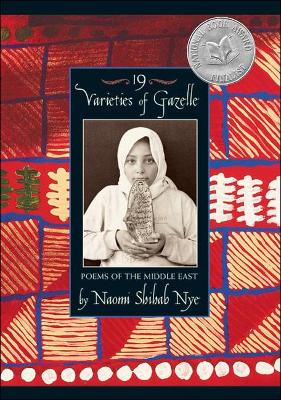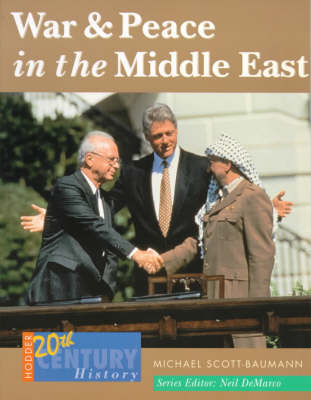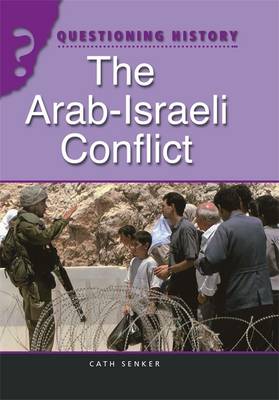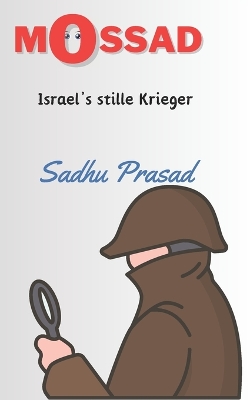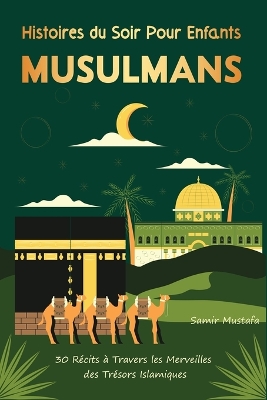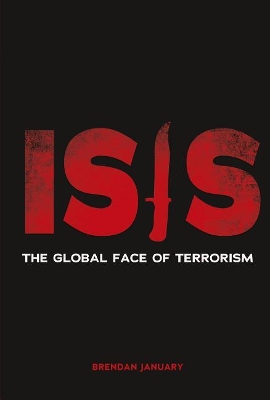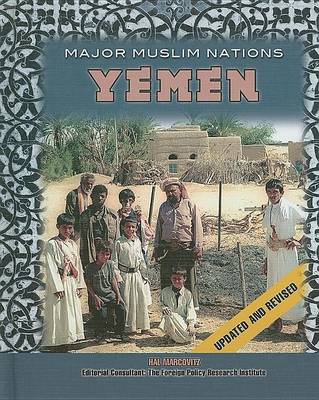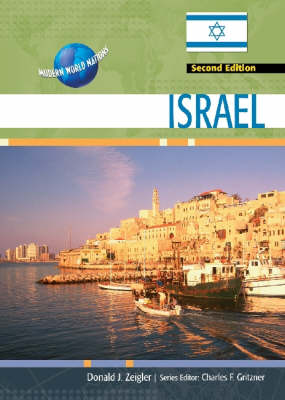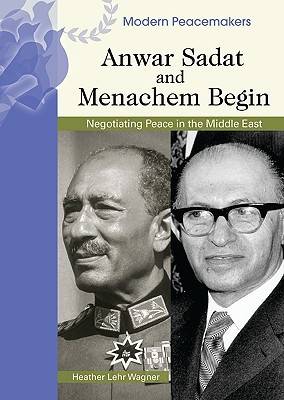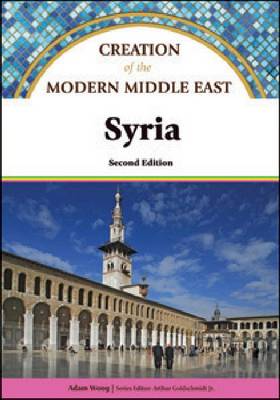Nineteen Varieties of Gazelle: Poems of the Middle East
by Naomi Shihab Nye
In The Middle East (Conflicts, #1)
War and Peace in the Middle East (Hodder 20th Century History)
This title explores the various debates surrounding the longstanding Arab-Israeli Conflict. As well as describing the origins of the conflict in the main text, the book consists of three different kinds of panel that appear throughout. The first examines events in question, the second looks at key people, and the third follows the 'what if?' approach - for example, for this title, 'what if Jewish refugees had been welcomed in the USA and UK?'. Split into thematically-based chapters, the book cle...
Exploring the Story of Israel (Discovering S.) (Minicourses)
by Yvette Nelson
Yemen (Modern Middle East Nations and Their Strategic Place in the World) (Major Muslim Nations)
by Hal Marcovitz
Since the establishment of the state of Israel in 1948 by a United Nations mandate, the Middle East has been a flashpoint of conflict between the world's only Jewish state and the Palestinians, who lost their land because of the UN partition. Although peace agreements were signed with Egypt and Jordan in the 1970s and 1980s, and negotiations are ongoing with Syria and Lebanon, Israel's relationship with Palestine continues to be marked by violence. Despite the ongoing conflict with Palestine, Is...
Ethnic Cleansing in the Syrian Civil War (Bearing Witness: Genocide and Ethnic Cleansing)
by Bridey Heing
The Middle East (Hotspots) (Hotspots S.)
by Christopher J Ailsby and John Pimlott
Anwar Sadat and Menachem Begin (Modern Peacemakers)
by Heather Lehr Wagner
The 1978 Nobel Peace Prize was awarded to Anwar Sadat, president of Egypt, and Menachem Begin, prime minister of Israel, for their contributions to the Camp David Accords. These accords comprised two frame agreements on peace in the Middle East, and on peace between Egypt and Israel. The choice of these laureates, according to the Nobel Committee, was notable because never before had they considered it fitting ""to award the Peace Prize to statesmen from the troubled and sadly devastated Middle...
For more than 4,000 years, the land known as Syria was marched over, sacked, and occupied by soldiers of many empires of the world. In 1516, Syria became part of the vast Ottoman Empire of the Turks. After the Ottomans' defeat in World War I, Syria came under the authority of France. In 1946, Syria gained its independence, but began several decades of unstable government that ended with the election of Hafez Assad as president in 1970. His son Bashar Assad became his unlikely successor in 2000 a...
